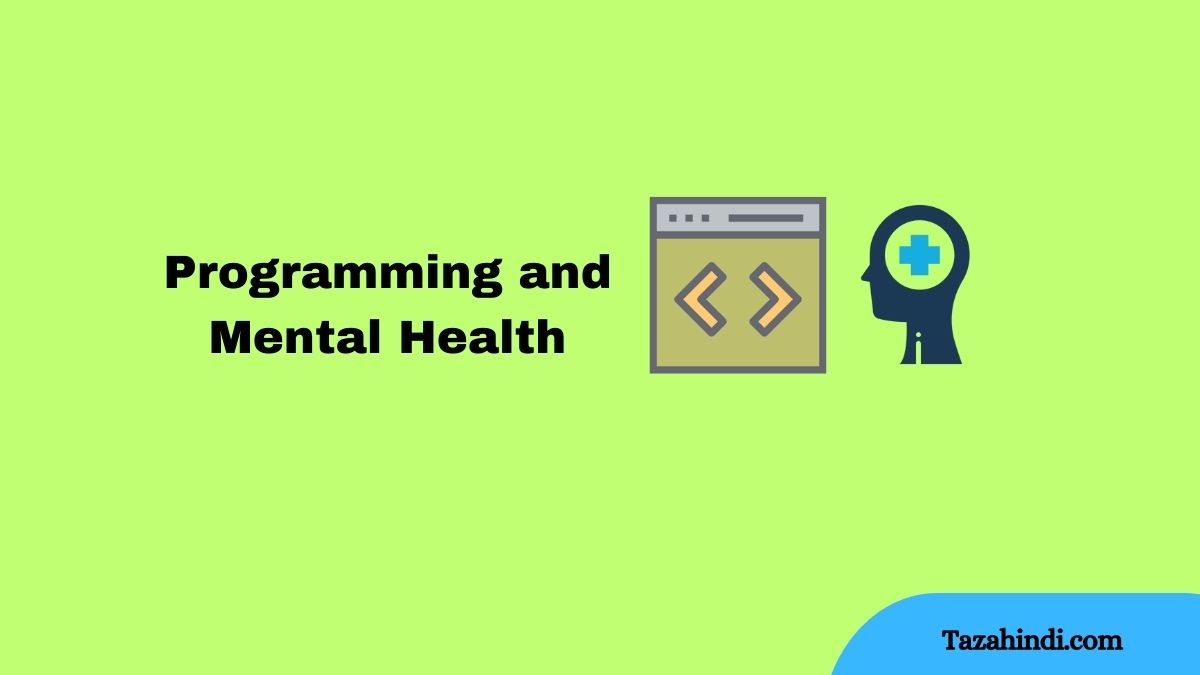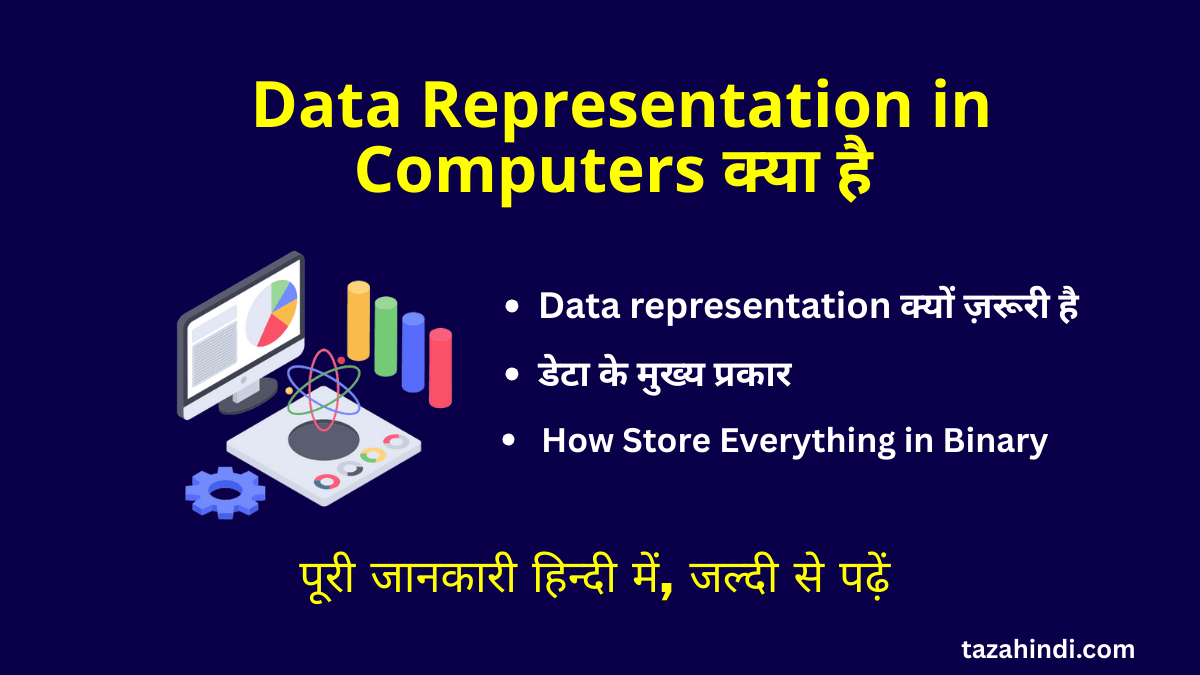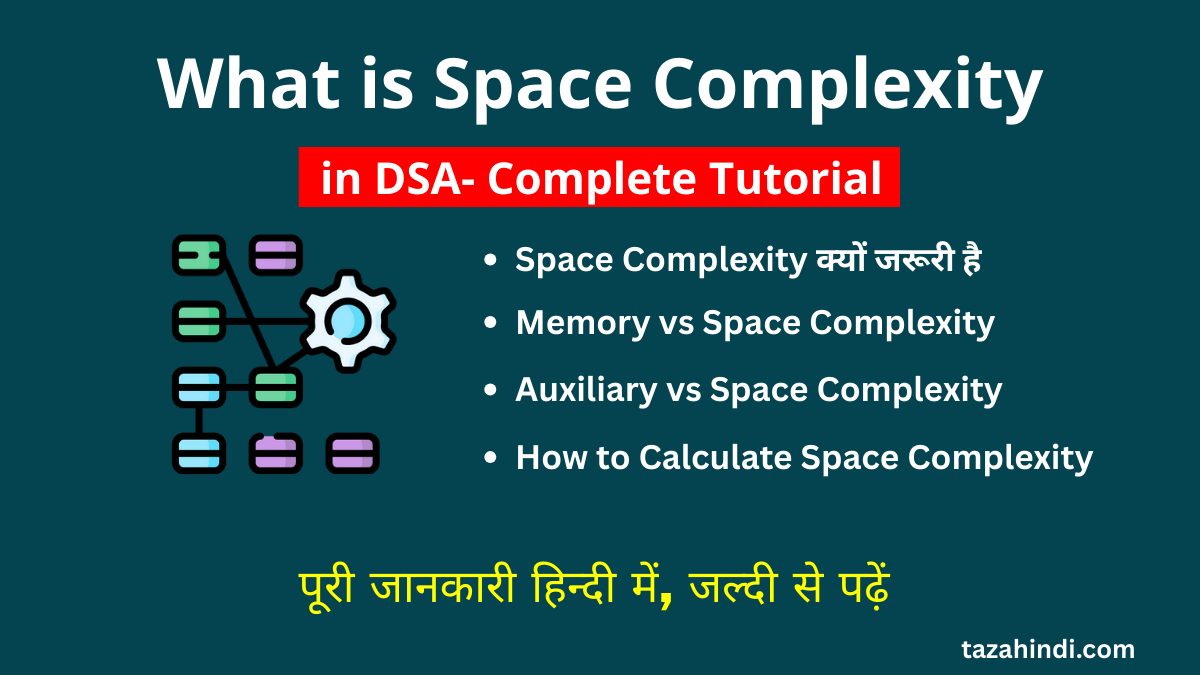Programming and Mental Health: The field of programming has gained immense popularity over the years, and many individuals are now taking an interest in learning how to code. However, the link between programming and mental health is not something that is often discussed. Mental health challenges are becoming more prevalent in our society, and it is essential to understand how programming can affect mental health and how mental health challenges can impact programming.
In this article I will explain you connection between programming and mental health, including how programming can be used to support mental health and how mental health challenges can impact programming.
What are the connection between Programming and Mental Health ?
Programming has the potential to impact mental health in both positive and negative ways. The following are some of the ways programming can affect mental health:
Sense of Accomplishment
Programming can provide a sense of accomplishment and pride when a project is completed successfully. This can be a great boost to mental health, as it helps individuals feel more confident in their abilities and encourages them to take on more challenging tasks.
Stress
Programming can also be stressful, particularly when working on complex projects or facing tight deadlines. This stress can have a negative impact on mental health and lead to burnout or anxiety.
Isolation
Programming can also be a solitary activity, with individuals spending long hours in front of a computer screen. This isolation can be detrimental to mental health, particularly for those who thrive on social interaction.
Frustration
Programming can be frustrating when facing difficult coding problems or encountering bugs that are hard to solve. This frustration can lead to feelings of inadequacy and a decrease in motivation.
How Programming Support to Mental Health ?
While programming can have negative effects on mental health, it can also be used to support mental health. The following are some ways programming can be used to support mental health:
Developing Mental Health Apps
Programmers can develop apps that support mental health. These apps can help individuals manage stress, anxiety, depression, and other mental health conditions. Examples of such apps include Headspace, Calm, and Talkspace.
Gamification
Gamification can be used to support mental health. Gamification involves incorporating game elements into non-gaming contexts, such as mental health apps. This can make mental health activities more engaging and fun, helping individuals to stay motivated and committed to their mental health goals.
Online Support Groups
Programmers can develop online support groups for individuals struggling with mental health challenges. These groups provide a sense of community and support, helping individuals feel less isolated and alone.
Mindfulness
Programmers can also develop apps that promote mindfulness. Mindfulness is a technique that involves staying in the present moment and concentrating on the current situation, without being preoccupied with thoughts about past events or concerns about the future. Mindfulness apps can help individuals reduce stress, anxiety, and depression.
Also Read: Information about all Sarkari Yojana & Kisan Yojana from HERE
Mental Health Challenges Impacting Programming
Mental health challenges can also impact programming. The following are some mental health challenges that can affect a programmer’s ability to code:
Depression
Depression can affect a programmer’s motivation, making it difficult to focus on coding projects. Individuals with depression may also struggle to complete tasks and meet deadlines, leading to stress and anxiety.
Anxiety
Anxiety can make it difficult for individuals to focus on coding tasks. Individuals with anxiety may also struggle with perfectionism, making it challenging to complete projects or share their work with others.
Burnout
Burnout is a condition of physical, emotional, and mental fatigue that results from prolonged and excessive stress. Burnout can make it difficult for individuals to stay motivated and productive, impacting their ability to code.
Imposter Syndrome
Imposter syndrome is a feeling of inadequacy and self-doubt that individuals experience, even when they are competent and successful. Imposter syndrome can impact a programmer’s ability to code by making them feel like they are not good enough or that their work is not valuable. This can lead to procrastination, avoiding challenging tasks, and difficulty in collaborating with others.
ADHD
ADHD can affect a programmer’s ability to focus and stay organized. Individuals with ADHD may struggle to complete coding projects, meet deadlines, and communicate effectively with others.
Conclusion
The link between programming and mental health is complex and multifaceted. Programming can have both positive and negative effects on mental health, depending on how it is approached and the individual’s circumstances. Programmers can use their skills to support mental health by developing apps, gamifying mental health activities, and creating online support groups.
Mental health challenges such as depression, anxiety, burnout, imposter syndrome, and ADHD can impact a programmer’s ability to code, making it important to address these challenges and seek support when needed. Overall, it is essential to prioritize mental health in the field of programming to ensure individuals can thrive in their work and personal lives.
Read Related Articles:
- How to Become a Good Python Programmer ?
- Top 6 AI Tools those Make Your Work Faster & Easier
- 50 Basic Python Coding Q&A for Beginners
- Learn Beginners Guide to Operating System
FAQs
-
Can programming help mental health?
Yes, programming can be used to support mental health by developing mental health apps, incorporating gamification into mental health activities, creating online support groups, and promoting mindfulness.
-
Are there any programming languages or tools that are particularly useful for developing mental health apps?
There are several programming languages and tools that are useful for developing mental health apps, including Swift for iOS apps, Java for Android apps, and React Native for cross-platform apps. Additionally, tools like Firebase and Amazon Web Services can be used for backend development and hosting.
-
Are there any mental health apps that can be developed using programming?
Yes, there are various mental health apps that can be developed using programming. These apps can range from mood trackers to meditation apps to therapy apps that provide virtual counseling.
-
Can programming be used to create online support groups for individuals with mental health challenges?
Yes, programming can be used to create online support groups for individuals with mental health challenges. Online support groups can provide a safe and supportive space for individuals to connect with others who are going through similar challenges.
-
How can chatbots be developed using programming to provide emotional support?
Chatbots can be developed using programming to provide emotional support by incorporating natural language processing and machine learning algorithms. This allows chatbots to respond to user messages with empathy and understanding, and provide helpful resources and suggestions for self-care.



